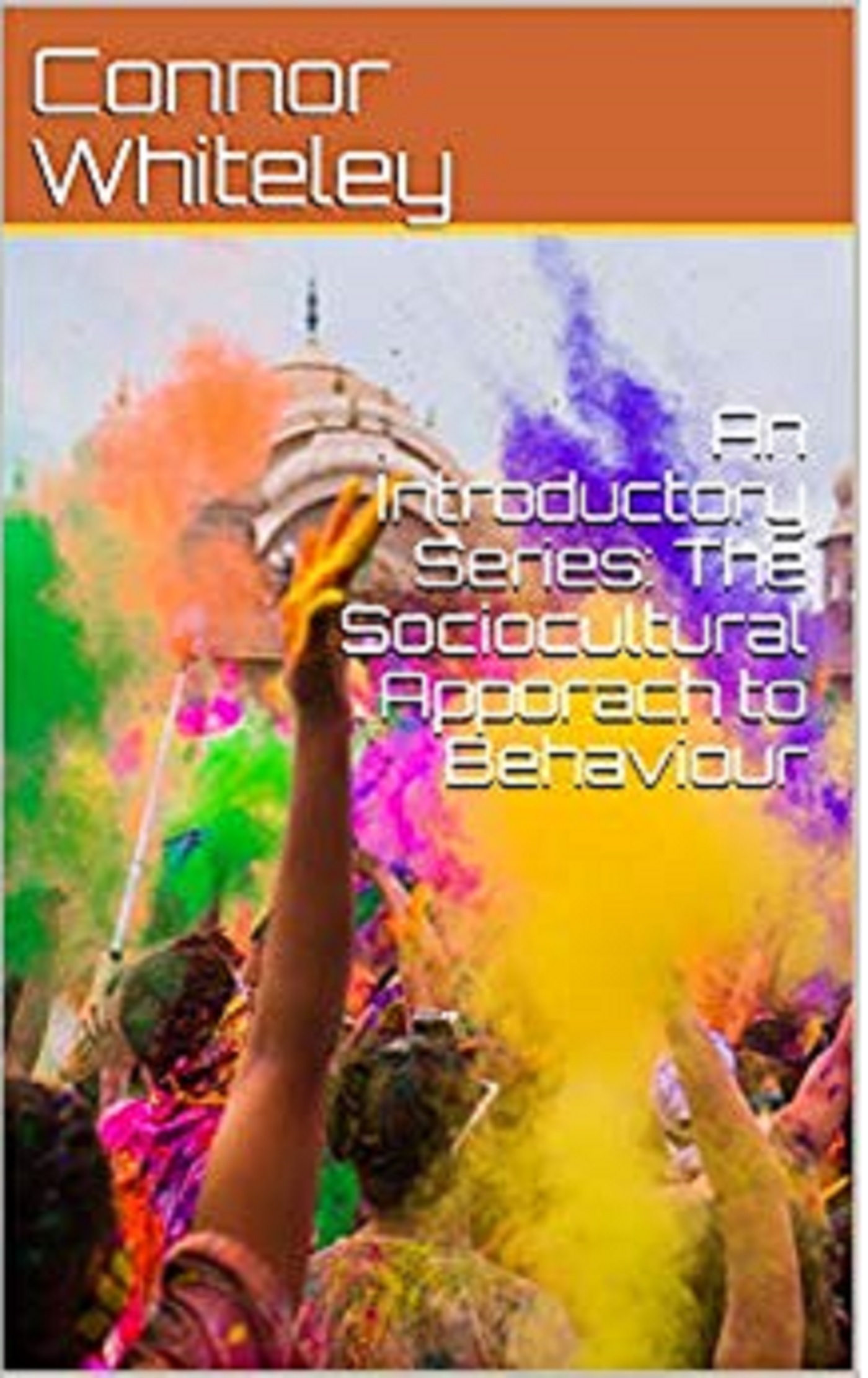
How is globalization affecting our behaviour?
Does our culture affect our shopping habits?
Could acculturation explain obesity levels in migrants?
These are just a few of the interesting and important questions that we will be exploring in this book as we explore how social and cultural factors affect our behaviour.
So, join me as together we explore the fascinating world of social psychology in this book with an intriguing conversational tone that clearly breakdown and critically evaluates concepts and theories so everyone can enjoy the wonders of psychology… and not have a headache at the end!
This book is avialable in both ebook and paperback edition and the ebook is published very wide and avialable is in a lot of countries and is selling rather well and as a result of this i would like to further my market reach by translating it into other languages so that others can enjoy and love psychology i do.
I find this a really interesting theory as it explains why people act differently around others and it helps to explain intergroup conflict.
But the theory of what social identity theory (SIT) is, is long so let’s start our journey.
SIT is essentially a theory about intergroup conflict so why groups fight amongst themselves, and it aims to explain why conflict and discrimination happens.
Also, the theory makes six main claims. These are:
That a group doesn’t need to be in competition for resources for a conflict to develop.
In other words, you and your friends don’t need to be competing for a mate; for example; for there to be a conflict. Like an argument to happen.
Another claim of SIT is that if your group perceives a member of your group to belong to another group. This would result in out-group discrimination and in-group favouritism.
This links to social categorisation. This is where you categorized people in your group (in-group) and an outgroup. (a group that isn’t your own)
An example of this claim in the real world would be if your friend belonged to your group but another that you weren’t keen on. So, you would discriminate against them for being a part of that group and you show favouritism to the rest of your social group.
The third claim is that social categorisation provides you with a way of developing your social identity.
In other words, by categorising people into ingroups and outgroups we allow ourselves to develop a part of the self that we create based on group membership.
An example of this is if you belonged to the popular group at school. By categorising others as less or equally popular this allows you to form a social identity that you’re popular and ‘cool’
| Language | Status |
|---|---|
|
Spanish
|
Already translated.
Translated by Iván Ochoa
|
|
|
Author review: Great translator a pleasure to work with. |